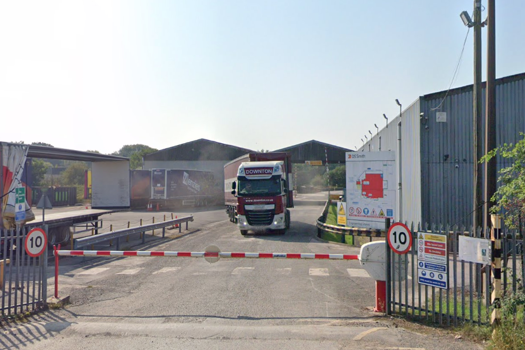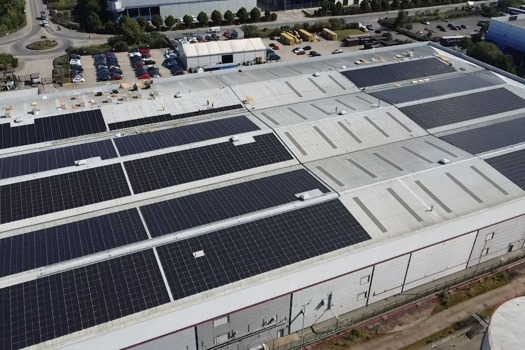On 1 January, the Bath-based luxury printer was certified by CarbonCo, which works with the WLT in the UK. Opal will now pay a set yearly amount based on turnover and resource usage.
The WLT will use Opal's contributions to help sustain and grow forested habitats around the world.
“We have worked with the WLT for a few years now and this was the next step,” said Opal managing director Keith Lunt. “Through the scheme we can now say we are putting back in as much as we are taking out, environmentally speaking.
“Because of new legislation and the responsibility that we all have to the environment, certification is a good look for printers – we can show we are making an effort. It also has a knock-on effect for customers whose jobs are carbon-offset at no extra cost to them.
“You will be able to see just how many square metres of new rainforest your job has contributed towards. At the end of the day, it is good for everyone.”
According to Opal, an external verification process calculated that the firm's "unavoidable business emissions" were equivalent to 66 tonnes of carbon dioxide per year. The firm's contributions to the WLT will now be used to preserve 46,000sqm of “ecologically-important habitat” in order to balance out its impact.
Opal, which retrofitted its B2 Heidelberg Speedmaster CD 74 with LED-UV technology from Air Motion Systems (now owned by Baldwin) in 2016, said it also employed other initiatives, such as using uncoated paper, to improve its environmental performance. Lunt said a “big push” was on the cards for the firm's uncoated offering in 2018.
Opal is the ninth UK print-related company to sign up for the carbon balancing scheme, joining a cohort including paper merchant Denmaur Independent Papers.
Opal has a turnover of just under £1m and employs eight staff. It produces a wide range of printed products with a particular focus on high-end work a its 745sqm premises.
The government is committed to reducing the UK's carbon emissions by 80% by 2050 (against a 1990 baseline) and intends to achieve this through both legislation and the fulfilment of corporate responsibility initiatives by private businesses and public-sector organisations.










